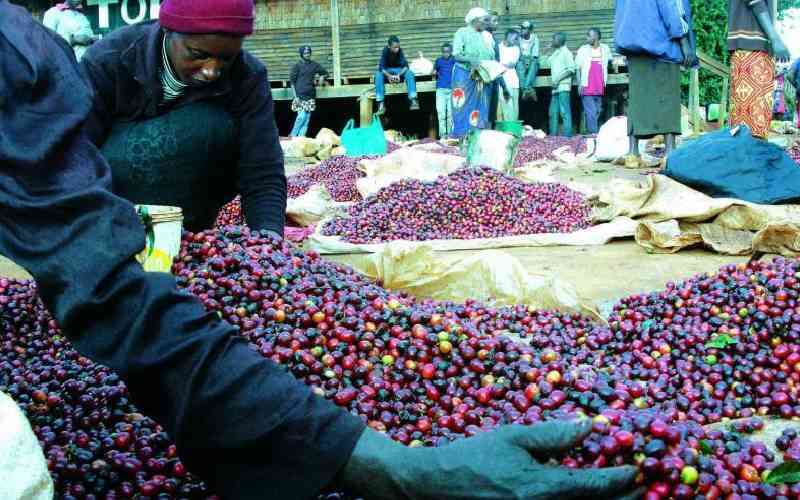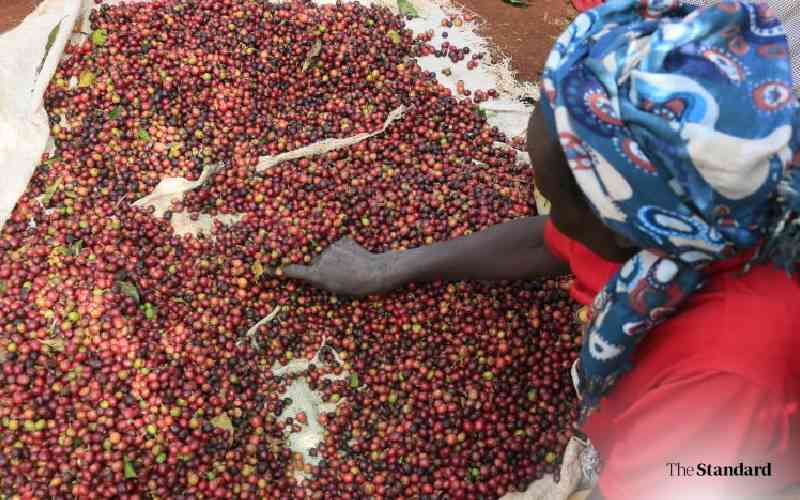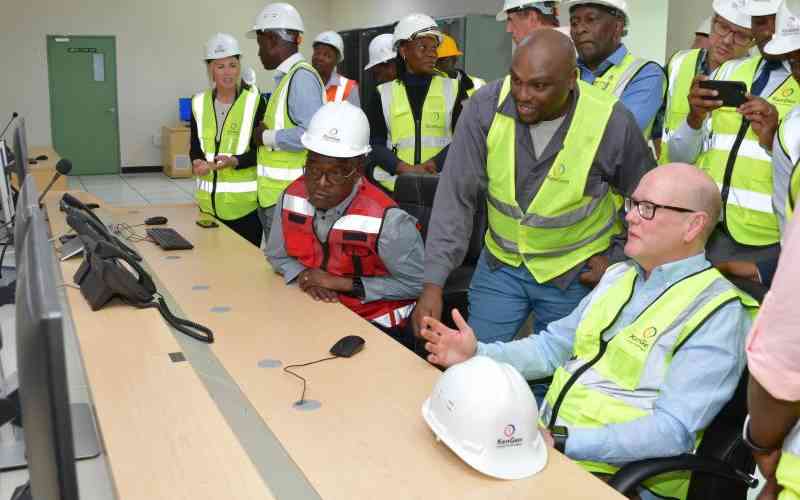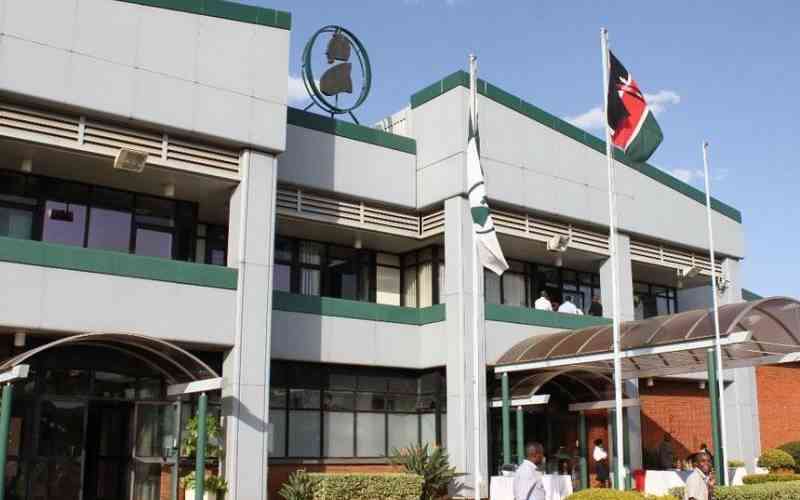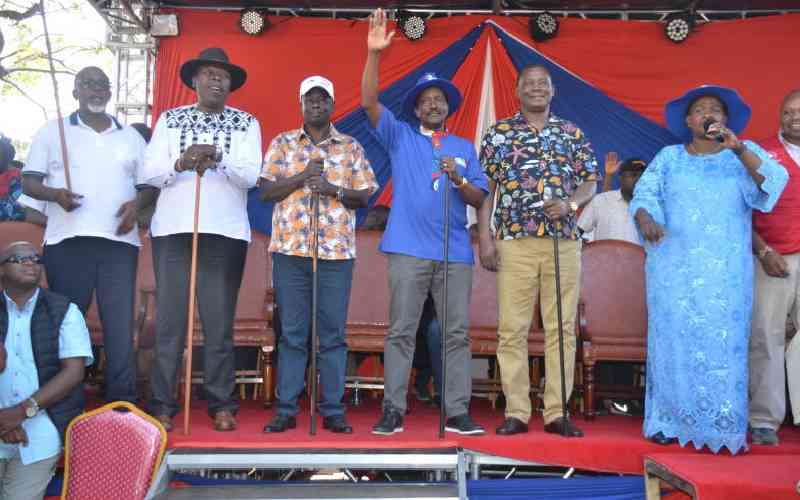
If I were to serve as the lead consultant tasked with helping the united opposition identify the most compelling presidential candidate to face the incumbent, I would approach the task not with political instinct alone but with a structured and principled lens. Selecting a flag bearer for the highest office is not a mere contest of popularity, party seniority, or historical alignment. It is, more than ever, a call to interrogate leadership quality, public readiness, and transformative potential. I would recommend a performance-based evaluation framework, one that honours both experience and promise, while focusing squarely on the ability to serve citizens with competence, integrity, and vision.
The first criterion I would apply relates to demonstrable performance. What can the public clearly and directly associate with the candidate in terms of real-world results? Just as any job applicant is expected to present achievements or potential at an interview, so too should a presidential hopeful present a convincing record or promise of public value. For younger candidates or those without prior executive roles, there should be evidence of high potential, such as leading a movement, launching an innovation, or organising communities towards a common goal. For more seasoned aspirants, it is imperative that a visible trail of accomplishments show they have improved the lives or institutions they have touched. Voters want to see practical results, not just impressive CVs or recycled rhetoric. In this category, the top candidates score at least ten out of fifteen possible points.
Secondly, I would give serious attention to the candidate’s fire to improve government service delivery systems. The ideal president should be ready to shift the focus from inefficiency to responsiveness. A strong contender would need to demonstrate readiness to form a Cabinet composed primarily of competent professionals with technical expertise to transform the way the government delivers healthcare, education, infrastructure, and overall public administration. This is not about grand reform rhetoric, but about whether the candidate has the seriousness and clarity to fix the broken systems that frustrate ordinary Kenyans. It is a question of executive competence, not just good intentions. In this area, the minimum qualifying score for the shortlist would be 15 out of 20.
Another critical element is the candidate’s relationship with freedom of speech and public participation. In today’s Kenya, where younger generations are raised on digital platforms that encourage constant expression, and older generations remember the cost of silence during the struggle for multiparty democracy, a presidential candidate should show comfort with divergent views. The capacity to listen, even to uncomfortable truths spoken in harsh tones, reflects maturity and inner freedom. Public participation, as enshrined in the Constitution, is anchored in the principle of open dialogue. Here, the bar should be set at 10 out of 15 points.
Public likeability also matters. A candidate who resonates emotionally with and brings votes, energy, and cohesion to a campaign. This appeal is not about theatrical charm, but about relatability, sincerity, and a sense of shared destiny. When a candidate connects with people’s hopes and speaks to their frustrations humanely and authentically, the campaign becomes more grounded and less reliant on money-driven propaganda. A strong contender should score at least seven out of 10 in this area.
Lastly, while the ability to mobilise crowds cannot be dismissed, it should be interpreted wisely. A good leader may not always be the most electrifying speaker or the most visible on podiums. Some quiet leaders deliver profound change, while articulate ones often under deliver once in power. The Opposition would do well to weigh this factor realistically, recognising that in the current political environment, the average Kenyan voter is increasingly looking past slogans and into substance. A candidate should be able to draw meaningful attention and excitement to the cause, but the score required here should be more modest, at least five out of 10.
The process of identifying a presidential candidate should rise above traditional markers and instead reflect the urgency of our times. If done well, the united opposition could present a competitive alternative and inspire a more hopeful, issue-driven national conversation. The incumbent is watching to bounce back.
Dr Mokua is Executive Director of Loyola Centre for Media and Communication



